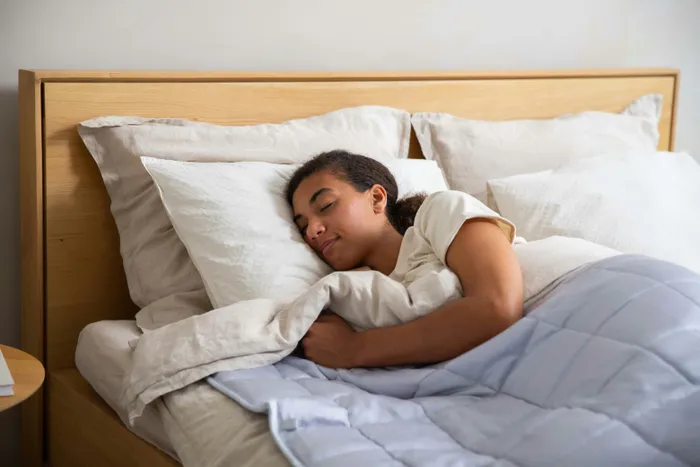
Discover expert tips to ensure quality sleep during your travels, whether by plane or car.
Image: Unsplash
Travel can be exhilarating, but it often comes with the challenge of disrupted sleep.
Whether you’re navigating a cramped airplane at 30,000 feet or enduring the long hours of a road trip, fatigue can take a toll on your body and mind.
As someone who frequently journeys between Durban and Johannesburg, I’ve often found my sleep impacted by both the physical demands of travel and the overwhelming urge for caffeine to stay alert.
According to Dr Charlene Gamaldo, medical director at the Johns Hopkins Center for Sleep, every individual has an optimal sleep window, generally from 11pm to 7am.
This is known as your ‘circadian window’, and travel - especially across time zones - can wreak havoc on your internal clock.
With the festive season approaching, when many South Africans will be travelling to spend time with loved ones or explore exotic destinations, it's essential to maintain a healthy sleep routine.
Here are some expert tips for sleeping better during your travels:
Adjust your sleep schedule before departure
Begin adjusting your sleep schedule three days ahead of your departure. Start moving your bedtime an hour earlier or later, as needed, each evening.
Gamaldo notes that it typically takes one day for your body to adjust to each time zone crossed.
This pre-travel adjustment can help ease the transition upon arrival.
Sync with the local schedule
Upon landing, try to sync with the local schedule. If you land when most people are awake, follow suit - getting rest on your flight is crucial.
Conversely, if you arrive at night, try to stay awake during the flight so you can sleep upon arrival.
Follow the two-day rule for short trips
If your trip is shorter than two days, it’s best to stick to your home schedule. As your body adapts, you may find it's almost time to return home.
Wherever possible, schedule meetings and activities during your peak waking hours based on your home time to maintain productivity and energy levels.
Maximise light exposure
Light exposure plays a critical role in resetting your internal clock. If flying east, bring sunglasses to limit light exposure upon landing in the morning.
Aim for maximum light exposure during the late morning and early afternoon.
When travelling west, plan for light exposure in the early evening, such as dining outdoors or taking a walk, to shift your rhythm later.
Incorporate physical activity
Once you're ready to begin your day at your destination, kickstart your body’s systems with a warm shower followed by some exercise.
Engaging in physical activity can signal to your circadian rhythm that it’s time to be alert.
Consider melatonin supplements
If you find your sleep disrupted, natural melatonin supplements - as a non-prescription aid -can help.
This hormone naturally increases about two hours before sleep and supports your body’s rest cycle.
However, Gamaldo warns that melatonin is not a miracle remedy for jet lag; daytime light exposure is generally more effective for resetting your internal clock.
Create a sleep-friendly environment
When it comes to quality sleep, blocking out light and noise is paramount. Use a sleep mask and earplugs or noise-cancelling headphones to ensure a dark and quiet space.
If you find yourself staying overnight in a hotel, request a quiet room to facilitate better rest.
Manage your well-being
Stay hydrated, especially during flights, to avoid dehydration that disrupts sleep. Avoid caffeine, alcohol and heavy meals close to bedtime, as these can adversely impact rest.
Lastly, unwind with relaxation techniques such as deep breathing, reading a physical book or taking a warm shower to prepare your mind for sleep.
Related Topics: